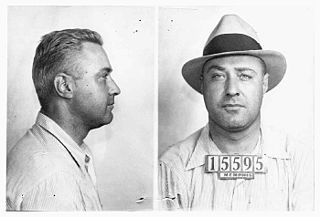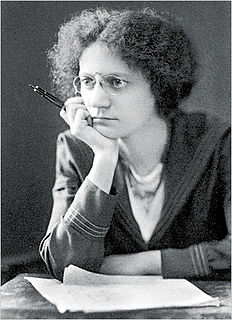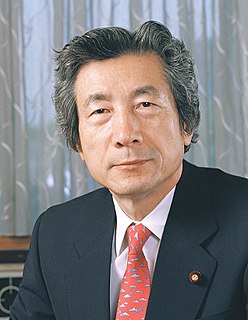A Quote by David Papineau
Kripke says that physicalists like me can't explain the 'apparent contingency' of mind-brain identities. He maintains that, if I really believed that pains are C-fibres, then I ought no longer to have any room for the thought that 'they' might come apart. His argument is that, since pains aren't identified via some contingent description, but in terms of how they feel, I have no good way of constructing a possible world, so to speak, where C-fibres are present yet pains absent.
Related Quotes
In truth a clear-headed physicalist shouldn't be thinking any of these dualist thoughts. If pains are one and the same as C-fibres firing, then there really isn't any possibility of having 'one' without the 'other'. Once you properly appreciates physicalism, this dissociation should cease to appear possible - C-fibres with pains should strike you as no more possible than squares without rectangles.
The translator ... Peculiar outcast, ghost in the world of literature, recreating in another form something already created, creating and not creating, writing words that are his own and not his own, writing a work not original to him, composing with utmost pains and without recognition of his pains or the fact that the composition really is his own.
Against my will I am sent to bid you come in to dinner. BENEDICK Fair Beatrice, I thank you for your pains. BEATRICE I took no more pains for those thanks than you take pains to thank me: if it had been painful, I would not have come. BENEDICK You take pleasure then in the message? BEATRICE Yea, just so much as you may take upon a knife's point ... You have no stomach, signior: fare you well. Exit BENEDICK Ha! 'Against my will I am sent to bid you come in to dinner;' there's a double meaning in that... (Much Ado About Nothing)






































